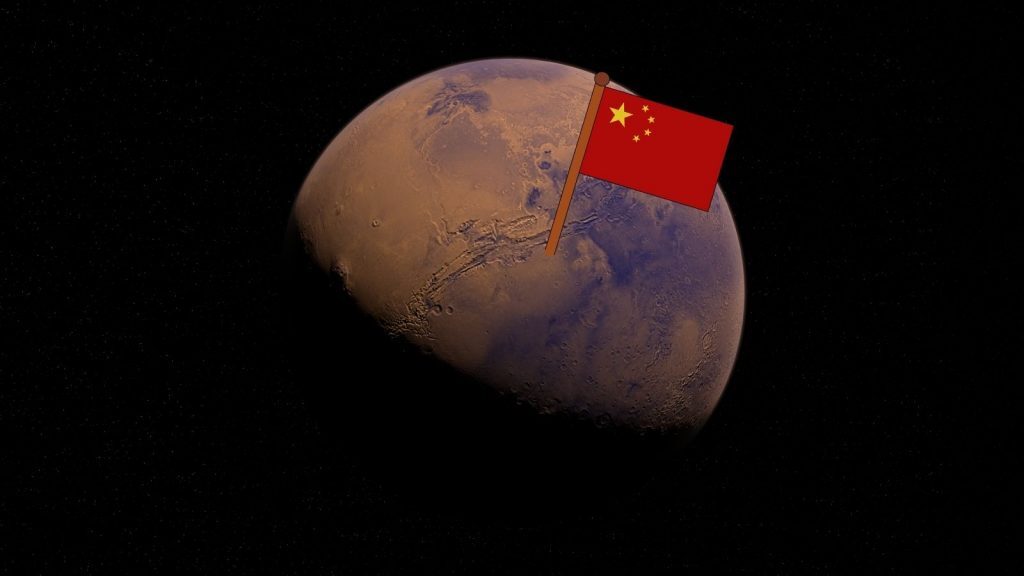China plans to send its first crewed missions to Mars by 2033, as part of a series of missions intended to establish a long-term human presence on the red planet. Reuters reports that Wang Xiaojun, the head of the China Academy of Launch Vehicle Technology, the country’s main rocket construction company, explained as much at a Russian space exploration company.
You’re going to Mars, China?
According to Wang, China is eying manned missions to Mars in 2033, with followup missions in 2035, 2037 and then in 2041 — quite a specific timeline for the country to establish a presence on the planet. The purpose is, reportedly, to gather resources from the planet. That sounds like an off-world mining colony, which is the sort of thing we’ve come to expect from popular fiction.
The country isn’t just going to go from landing a rover to dropping some humans off, however well their first foray to Mars has gone so far. It’s no secret that the country has a serious eye on exploiting Martian resources, but they’ve got some serious plans between now and then.
This includes sending further probes to investigate possible sites for a base, as well as robots that are intended to help set up ways to harvest resources there. Humans will have to extract water and oxygen from Mars in order to live there, and China’s also still got to develop the tech needed to bring humans (and the stuff they’re gathering) back to Earth.
The country plans to set up major traffic between Earth and Mars, with nuclear reactions helping to power the craft needed to achieve this aim and targeting a flight time of “several hundred days” per round trip. China is also planning a lunar base, at the Moon’s South pole, as well as robotic probes to Jupiter and certain asteroids by 2030. Then there’s the matter of returning soil samples from Mars, a mission that is supposed to be complete by 2030 — a mere three years before it intends to send humans to the surface of the red planet.
Source: Reuters




